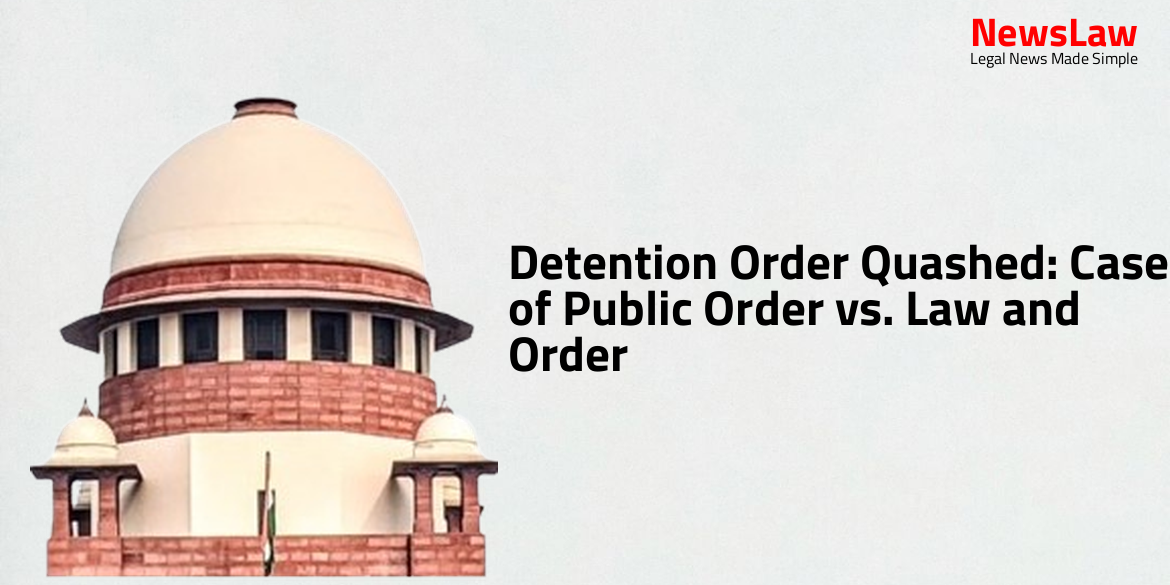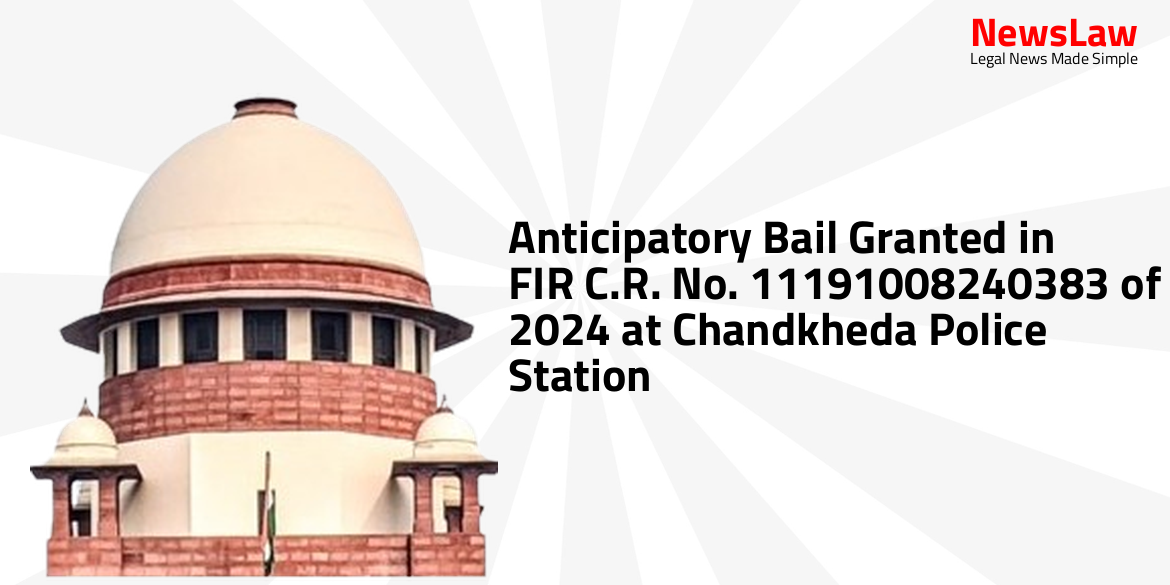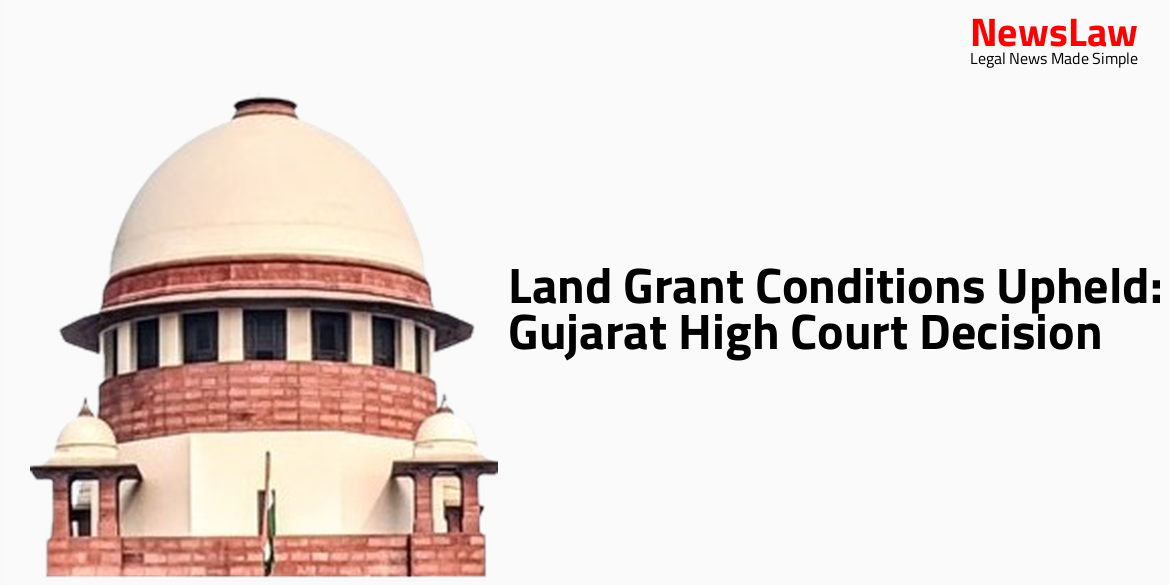In a significant ruling by the Gujarat High Court, the detention order has been quashed in a case that delves into the distinction between Public Order and Law and Order. The judgement, which impacts the case of detenue’s activities in Ahmedabad, sheds light on the legal standards for preventive detention. Stay informed about this crucial legal debate!
Facts
- The petitioner has challenged the legality and validity of the order
- The specific part (FAC) of the judgement is being discussed
- The judgement is being reviewed for compliance with legal standards
- The petitioner’s arguments regarding the order are being analyzed
- The legality and validity of the order are being questioned in this part of the judgement
Issue
- The issue at hand is the sustainability of the order of detention passed by the Detaining Authority under the Act of 1985.
- The order in question has been executed, resulting in the petitioner being presently in jail.
Arguments
- Detenue’s advocate argues that the grounds of detention do not relate to public order but are purely a matter of law and order.
- Detenue’s alleged offenses do not have a direct impact on public order, only on law and order.
- Detenue’s advocate claims that the activities do not pose a threat to public order as per the Act.
- State counsel argues that the detenue is a habitual offender whose actions affect society at large.
- Detaining Authority issued the order considering detenue’s antecedents and past activities to prevent him from acting in a manner prejudicial to public order in Ahmedabad.
Analysis
- The authority’s subjective satisfaction that the detenue’s activities were prejudicial to public order was wrongly concluded based on three criminal cases.
- The offenses mentioned do not have any impact on the maintenance of public order.
- The fact that the petitioner may be a bootlegger does not automatically imply his actions affect public order.
- The petitioner may face punishment for his alleged offenses, but they do not disrupt the community’s normal life.
- All the mentioned offenses resulted in the petitioner being granted bail, indicating the lack of serious threat to public order.
- The detaining authority failed to substantiate that the alleged anti-social activities of the petitioner adversely affect the maintenance of public order.
- Incidents of beating by the petitioner were alleged by witnesses but do not necessarily indicate a disturbance affecting public order.
- Reference made to the distinction between ‘law and order’ and ‘public order’ as discussed in the case of Pushkar Mukherjee v. State of West Bengal.
- The Apex Court clarified that the mere disturbance of law and order does not justify action under preventive detention; it must impact the community or public at large to be considered affecting public order.
- Preventive detention under the Act is not applicable unless the individual’s activities as a bootlegger negatively impact public order.
- The individual cannot be preventively detained under the Act unless there is evidence of adverse effects on public order.
- Section 3(4) of the Act specifies the conditions under which preventive detention can be imposed on a bootlegger.
- The material on record is not sufficient to show that the alleged activities of the detenue have adversely affected public order.
- Subjective satisfaction of the detaining authority is illegal and not in accordance with the law.
- The order of detention cannot be upheld as the offences or allegations do not create a feeling of insecurity, panic, or terror among the public.
Decision
- Direct service permitted.
- Detenue directed to be set at liberty if not required in any other case.
- Rule made absolute accordingly.
- Order impugned dated 30.12.2023 passed by the respondent authority quashed.
- Petition allowed.
Case Title: VISHAL ALIAS BHAYO NARESHBHAI SHANTILAL BHIL Vs. STATE OF GUJARAT
Case Number: R/SCA/1319/2024



